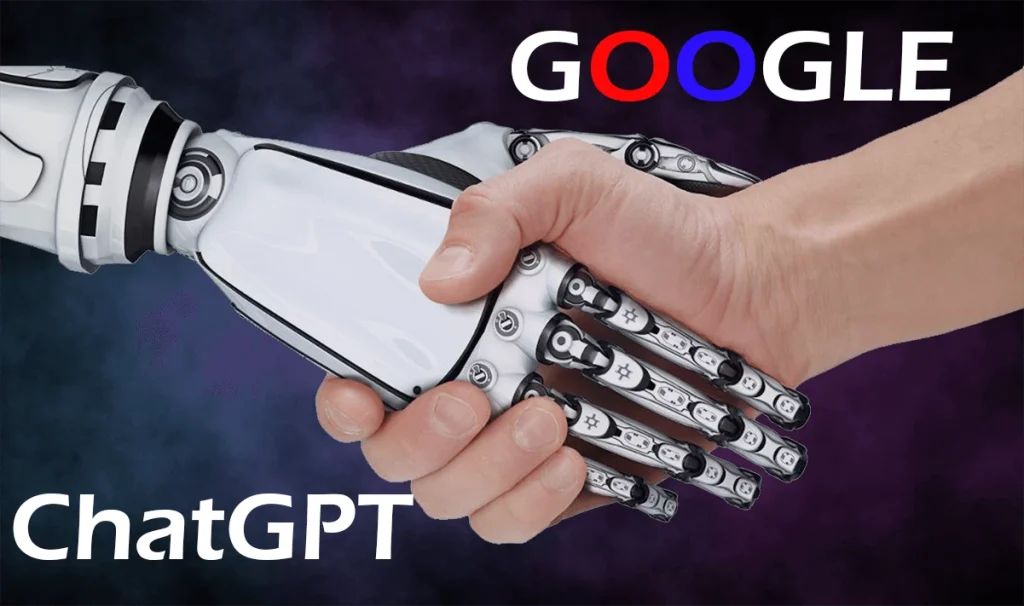Have you heard the news, folks? ChatGPT has taken over the internet like a storm, leaving people baffled and impressed with its incredible abilities. So much so, that many are asking the question – ‘Can ChatGPT replace Google Search?’ I mean, have you seen this thing in action? It’s like a digital wizard, answering your questions before you even finish typing them! But, before we start waving goodbye to Google, let’s take a deep dive and see if ChatGPT is up for the challenge.
Now, if you’re thinking, ‘This sounds too good to be true’, you’re not alone. Microsoft, which has a 49% stake in OpenAI, has already started working on integrating ChatGPT with their search engine, BING. That’s right, folks, BING might just become better than Google search with ChatGPT’s help. But wait, there’s more! Google is not one to be left behind and has announced their own AI, ‘Google Bard’, that they plan to integrate with their search engine.
So, it’s a race to the top between ChatGPT and Google Bard. Who will come out on top? Only time will tell. In the meantime, let’s sit back and enjoy the show, because the battle of the search engines just got a whole lot more interesting!
The true picture won’t be clear until Google Bard becomes available to the public. Until then, let’s look at the potential advantages and disadvantages of using ChatGPT compared to search engines:
Advantages:
One advantage of using ChatGPT is that it can provide a more interactive and personalized experience for users. Unlike search engines, ChatGPT allows for back-and-forth conversation, which can make the experience more engaging and human-like.
Another advantage of ChatGPT is its ability to assist with tasks. Unlike search engines, which may provide a list of search results, ChatGPT can help users identify issues in codes, write new codes, and explain an existing script.
ChatGPT also has access to a large amount of information, which allows it to generate responses based on that information. This can result in more in-depth and nuanced responses to user queries, and can provide information on a wide range of topics, including general knowledge, current events, and personal interests.
Lastly, ChatGPT may be able to provide more in-depth and nuanced responses to user queries, as it has access to a large amount of information and can generate responses based on that information.
Disadvantages:
One disadvantage of using ChatGPT is its reliability. Because ChatGPT is not able to search the entire web and is limited to the information it has been trained on, it may not be as reliable or accurate as a search engine.
Another disadvantage of ChatGPT is its potential for bias. As a text generation model, it may generate biased, racial, and hate responses. While this can be reduced by using the InstructGPT framework, it does not completely eliminate the issue.
ChatGPT may not be able to provide as wide a range of information as a search engine, as it is limited to the information it has been trained on. Additionally, ChatGPT may not be able to provide as many specific and relevant search results as a search engine, as it is not able to rank results based on relevancy and authority.
Conclusion:
Overall, ChatGPT can be a useful tool for users who desire a more interactive and personalized experience. It can assist with tasks, provide detailed and nuanced responses, and access a broad range of information. However, it’s crucial to note that ChatGPT may not be as reliable or comprehensive as a search engine for finding specific information on the web. It’s important to understand that Google Search and ChatGPT are two different tools that may have some overlaps but are built to solve different problems. Users should consider the advantages and disadvantages of each tool and choose the one that best suits their needs.
